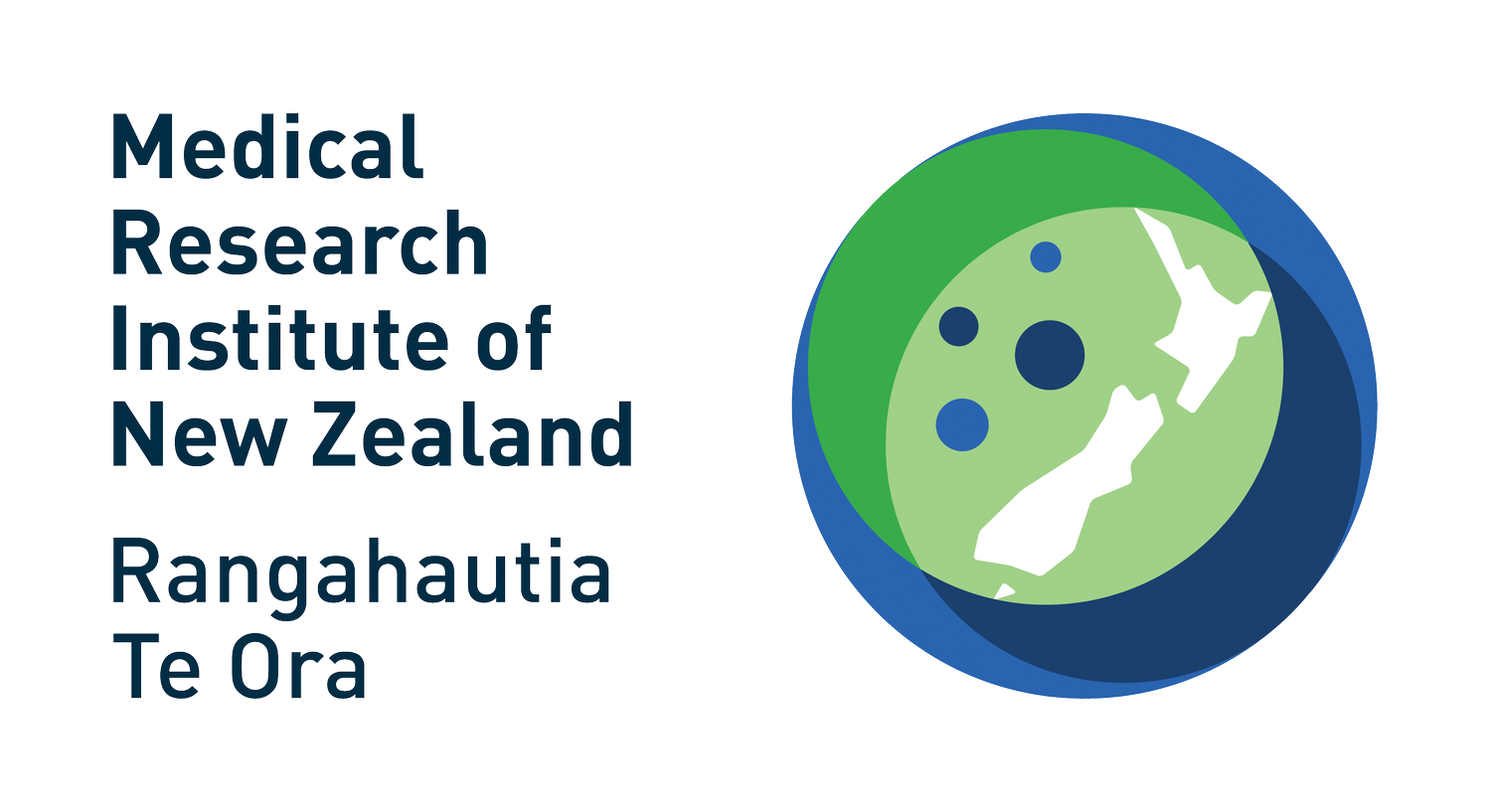Significant Reduction in Asthma Hospitalisations for Māori— A Step Toward Equity in Respiratory Health
A recent study conducted by the MRINZ reveals a remarkable 32% reduction in asthma hospitalisations among Māori over the past four years. This progress reflects the impact of evidence-based treatment approaches and a collective commitment to addressing long-standing inequities in respiratory health outcomes.
Findings from the study, Reducing Ethnic Inequities: Patterns of Asthma Medication Use and Hospital Discharges in Māori in Aotearoa New Zealand, underscore the effectiveness of increased provision of the 2-in-1 budesonide/formoterol maintenance and/or reliever therapy, as recommended in the Asthma and Respiratory Foundation of New Zealand’s guidelines. The study, led by MRINZ Director Professor Richard Beasley, also highlights a 111% increase in budesonide/formoterol inhaler use among Māori over the same period.
“The findings highlight the high quality of primary care in New Zealand and the emphasis on addressing the health needs of Māori to reduce their disproportionate burden of disease,” says Professor Beasley. “This evidence exemplifies how GPs are adapting their prescribing practices in line with evidence-based recommendations, ensuring patients benefit from advances in treatment. It also underscores the leadership of the Asthma and Respiratory Foundation of New Zealand in developing and implementing contemporary asthma guidelines.”
While the progress is encouraging, Professor Beasley notes the persistent inequities in health outcomes—“There remains a two-and-a-half-fold disparity in hospitalisation rates between Māori and non-Māori, stressing the need to address broader health barriers.”
The study’s authors advocate for targeted initiatives to tackle the social determinants of health, such as safe housing, healthcare literacy, and reduced healthcare costs—key factors in the journey toward equity.
Dr Matire Harwood (Ngāpuhi), a co-investigator and GP, emphasises the significance of these findings—“The substantial drop in asthma hospitalisations for Māori demonstrates the impact of equitable access to optimal care. However, the persisting inequities remind us of the urgent need to address the root causes of these health disparities. Solutions that empower Māori—through accessible, culturally safe care and systemic change—will help create sustainable improvements in respiratory health outcomes.”
Asthma continues to pose a significant health challenge for Māori, exacerbated by limited healthcare access, environmental disparities, and socioeconomic factors. The flexibility of the budesonide/formoterol 2-in-1 inhaler, which serves both as a maintenance and reliever therapy, has been particularly beneficial for communities with less consistent access to healthcare, supporting better adherence to preventive care.
The study’s insights offer a model for Indigenous communities worldwide, demonstrating the value of partnering with Indigenous peoples to achieve equitable access to advanced treatments and improve health outcomes globally.
Please read the full release HERE.

